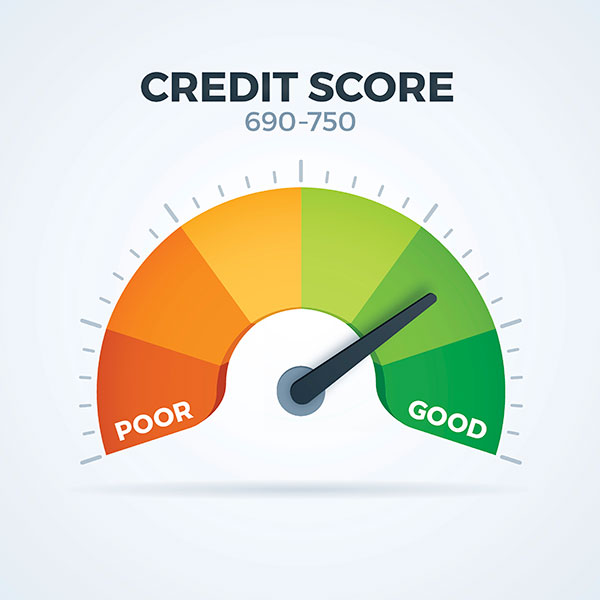Your credit scores, sometimes known as “FICO” scores, are used by lenders and other businesses to assess your creditworthiness and general financial reliability. Also, lenders use your scores to determine your credit limit and the interest rate you’ll be charged. While there are many different versions of your score in use, those tabulated by the Fair Isaac Corporation (FICO) are the most frequently used today.
Your credit scores, sometimes known as “FICO” scores, are used by lenders and other businesses to assess your creditworthiness and general financial reliability. Also, lenders use your scores to determine your credit limit and the interest rate you’ll be charged. While there are many  different versions of your score in use, those tabulated by the Fair Isaac Corporation (FICO) are the most frequently used today.
different versions of your score in use, those tabulated by the Fair Isaac Corporation (FICO) are the most frequently used today.
You have three primary credit scores, one from each of the three nationwide credit bureaus — Equifax, Experian and TransUnion. Some banks and credit cards allow customers to see one of their scores for free at any time. Also, you can purchase any of your scores at myFICO.com. If your credit scores are not as high as you’d like them to be, here are steps you can take to raise them.
Build a new credit history. If you’ve had credit problems, consider opening and using one or more new accounts. Assuming you stay current on the accounts, you might eventually improve your scores. 
Pay bills on time. If you’ve missed payments, get current and stay current. If you’re facing financial challenges, contact your creditors and be up front with them. Many will work with you to create an adjusted payment schedule.
Pay down debt. Review your spending to look for opportunities to free up cash that can be used to lower your loan balances. A household budget can help light the way.
Keep long-running credit card accounts open. Generally, a longer credit history raises your scores.
Avoid opening a lot of new accounts within a short time span. If you don’t have a lot of credit history, opening too many new accounts in quick succession can depress your scores.
Maintain a good mix of credit. A blend of different types of credit, including credit cards and installment loans, can drive up your sco res if you’re making timely payments.
res if you’re making timely payments.
Fix errors on credit reports. Nearly 80% of credit reports contain at least one error, and sometimes errors can bring scores down. Errors can occur for a variety of reasons — for example, due to someone else’s personal data showing up in your reports, a mistake you made on a credit application, a clerical error or identity theft. Dispute errors in any credit report with both the credit bureau and the lender.
This is article is used with permission by Ernst & Young.
To learn more, join “Own Your Credit Score” webinar on November 8 or 16 at 11:00 a.m. ET. To register for the November 8 webinar, please click here; for November 16, register here
